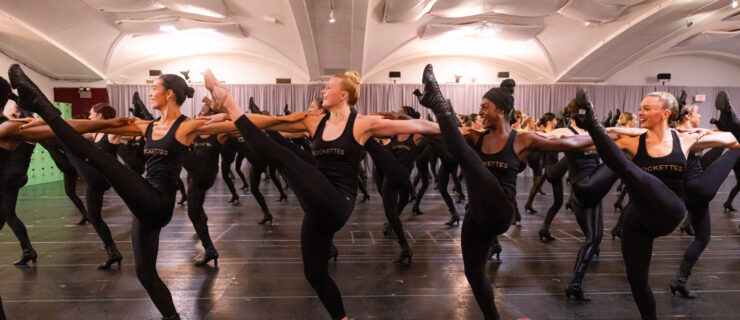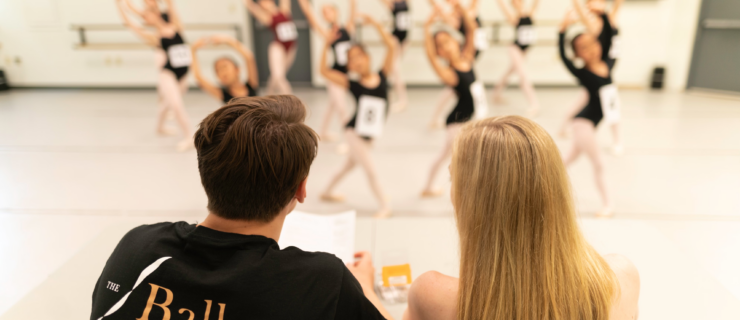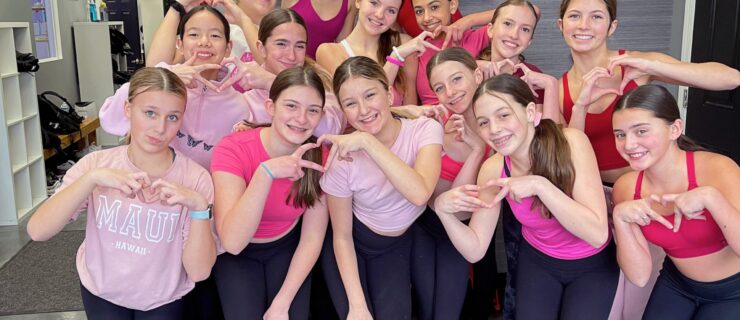Can You Do It All? How to Balance Dance and Other Extracurriculars
Having a passion for dance is a wonderful thing. But it shouldn’t mean ignoring your non-dance loves. “It’s important for young dancers to explore other avenues and interests,” says Guillermo Asca, coordinator of The Ailey School’s Professional Performing Arts High School partnership. “Directors and teachers want to open up possibilities—and, if it’s doable, they want to help you make it happen.”
That said, even with your teachers’ support, figuring out how to juggle your dance commitments and other extracurriculars can be tricky (to put it mildly). And there is a point when you’ll have to focus deeply on dance if it’s something you want to pursue professionally. So, how can you figure out the best balance for you?
Before joining a bunch of clubs and after-school activities, decide how invested you are in dance. “For a dancer who is very serious about taking dance to the next level, I have the responsibility to tell him or her that sometimes you have to make choices, and sometimes they’ll be hard,” says Tracy Platt, owner and director of Oceanside Dance Center in Long Island, NY. Now a junior dance major at the Professional Performing Arts School in Manhattan, Raychel Jackson was forced to make just such a choice during her freshman year. A passionate dancer and singer, Raychel had been a member of the Young People’s Chorus of New York City—but, facing conflicting schedules, she ended up choosing dance. She missed her singing life. “It was hard,” she admits.
However, “often, even serious pre-professional dancers will still have time for an extracurricular activity,” Platt says. (In fact, Raychel was able to resolve her scheduling conflicts and rejoin the chorus the following year.) And that’s a good thing.”Dancing alone isn’t enough to nurture the artist within you,” says Asca. “If you only know dance, that limits what you bring to the stage.”
Plus, some students may not be destined for—or striving for—careers as professional dancers, and extracurriculars can open their eyes to dance-adjacent job possibilities. Joining leadership clubs, for example, could help you develop the skills you need to be a director, teacher, or advocate for the arts. Writing and journalism clubs could lead you to dance reporting or criticism.
The truth is that inevitably, if you’re pursuing both dance and non-dance opportunities, at some point you’ll run into a conflict. The key to making it all work? Communication! “My best advice to a young dancer struggling with dance and school activities would be to talk to their director or teacher,” Tracy says. Always tell your teachers when you have a conflict, as far in advance as possible. Early and open communication will make your them much more understanding of your situation. They may even come up with solutions you hadn’t thought of. When it comes to discovering and following your passions, your teachers are there to help you become the best person you can possibly be—not just the best dancer.



